
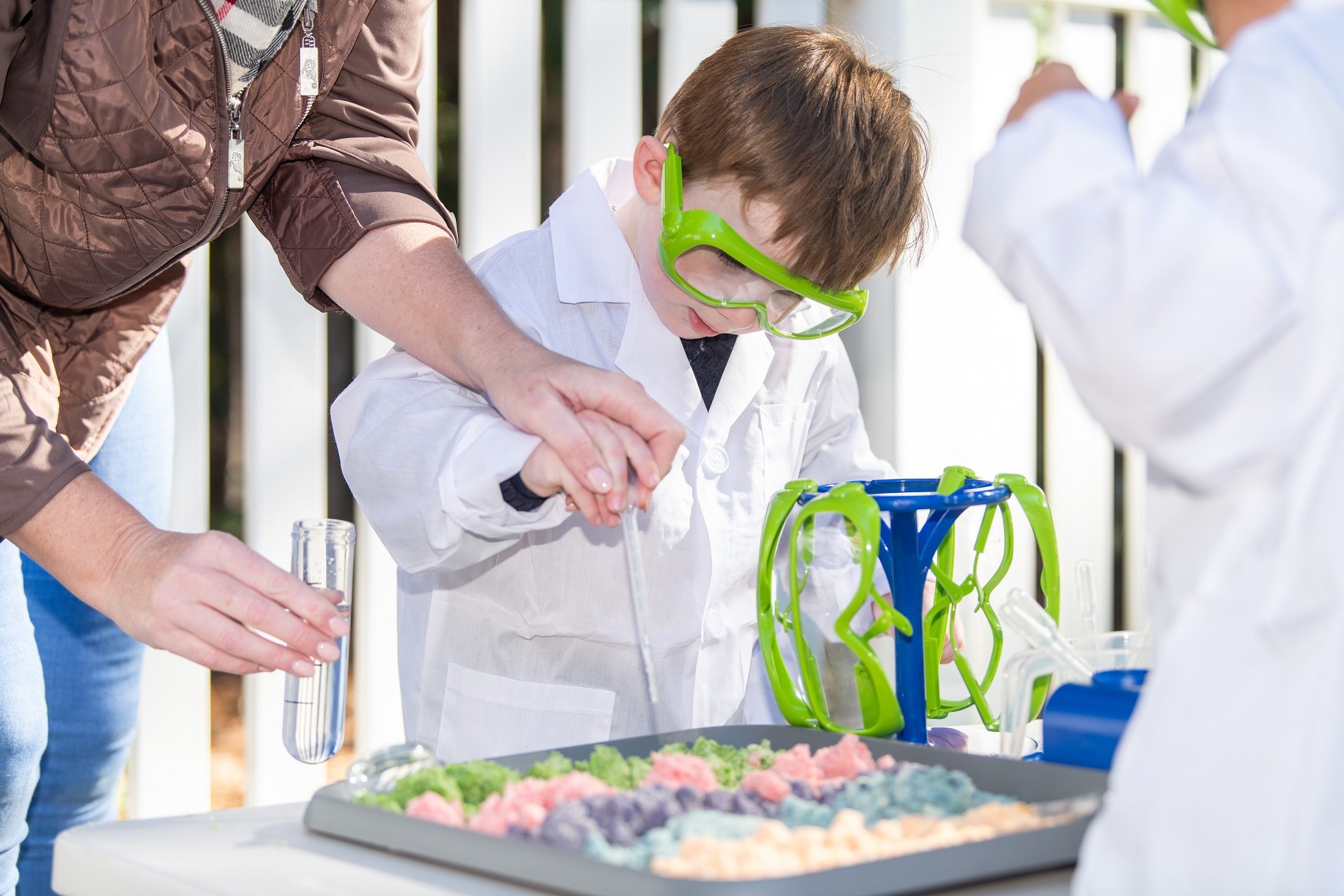

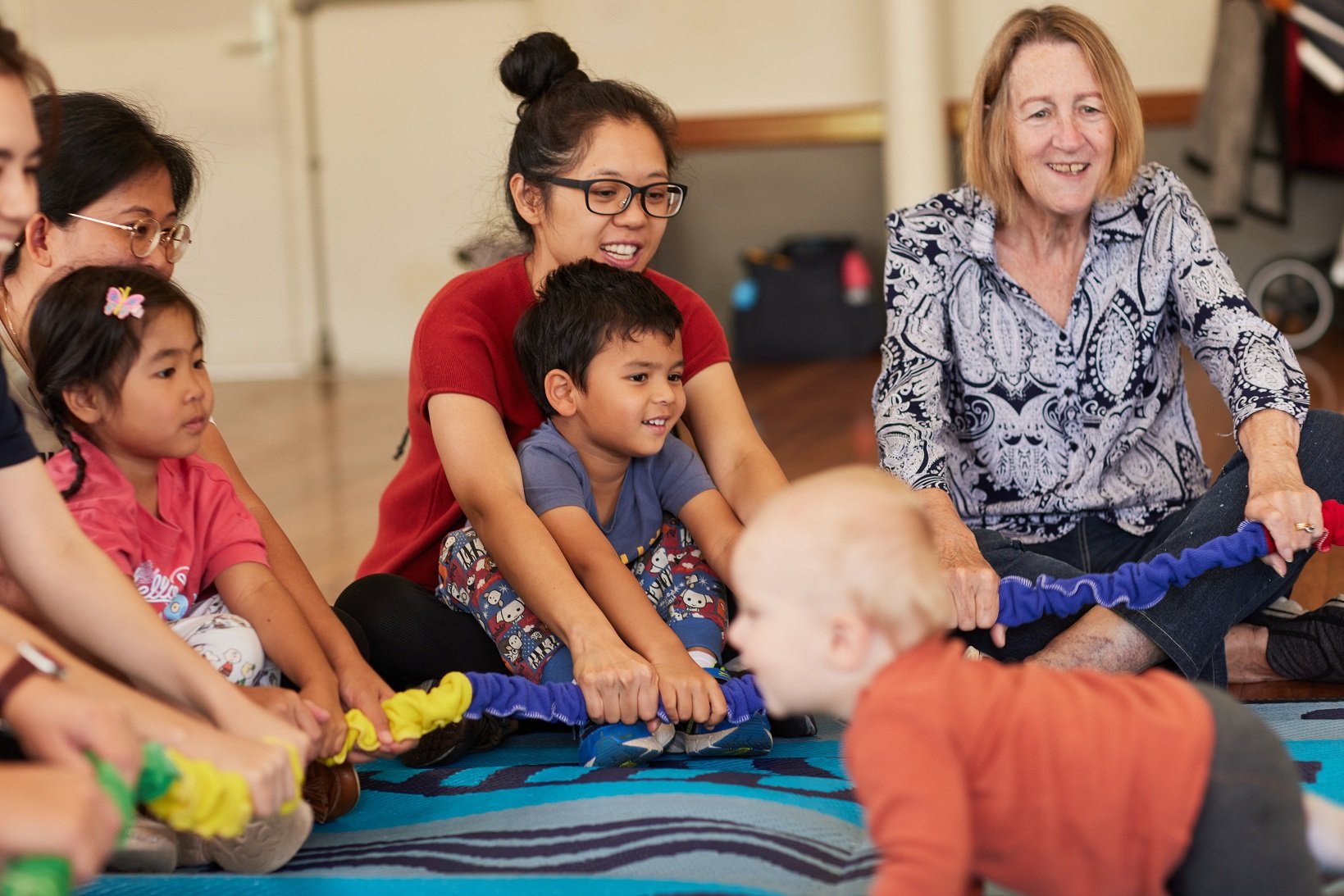
Blog > Science Matters: Bringing Science into Children's Play


Scientific reasoning starts in early childhood (STEM Teaching Tools). Child-led play, investigations and experiments support children in scientific thinking, and can help foster a love of science. Through play, children are making sense of the world around them and discovering how things work. In many ways, play is children’s natural scientific endeavor. Science based activities can greatly benefit young children and their future learning, and it’s far simpler than orchestrating out-of-this-world experiments – although that helps!
Children Benefit from Enriching Science Experiences
In the first five years of a child’s life, key developmental brain growth is taking place. During this period, children’s experiences and relationships have a big impact (Early Childhood Australia 2022). Research shows many children develop either a positive or negative attitude toward science education before the age of seven, which can remain with them throughout their future education (Franklin, D 2021). Creating positive and enriching experiences during the early stages of life is the best chance to nurture a lifelong love of science. Providing opportunities for scientific discovery not only supports young children in practices and skills that support later learning, they also reinforce other foundational skills such as mathematics and literacy (Victoria University 2017, p. 10).
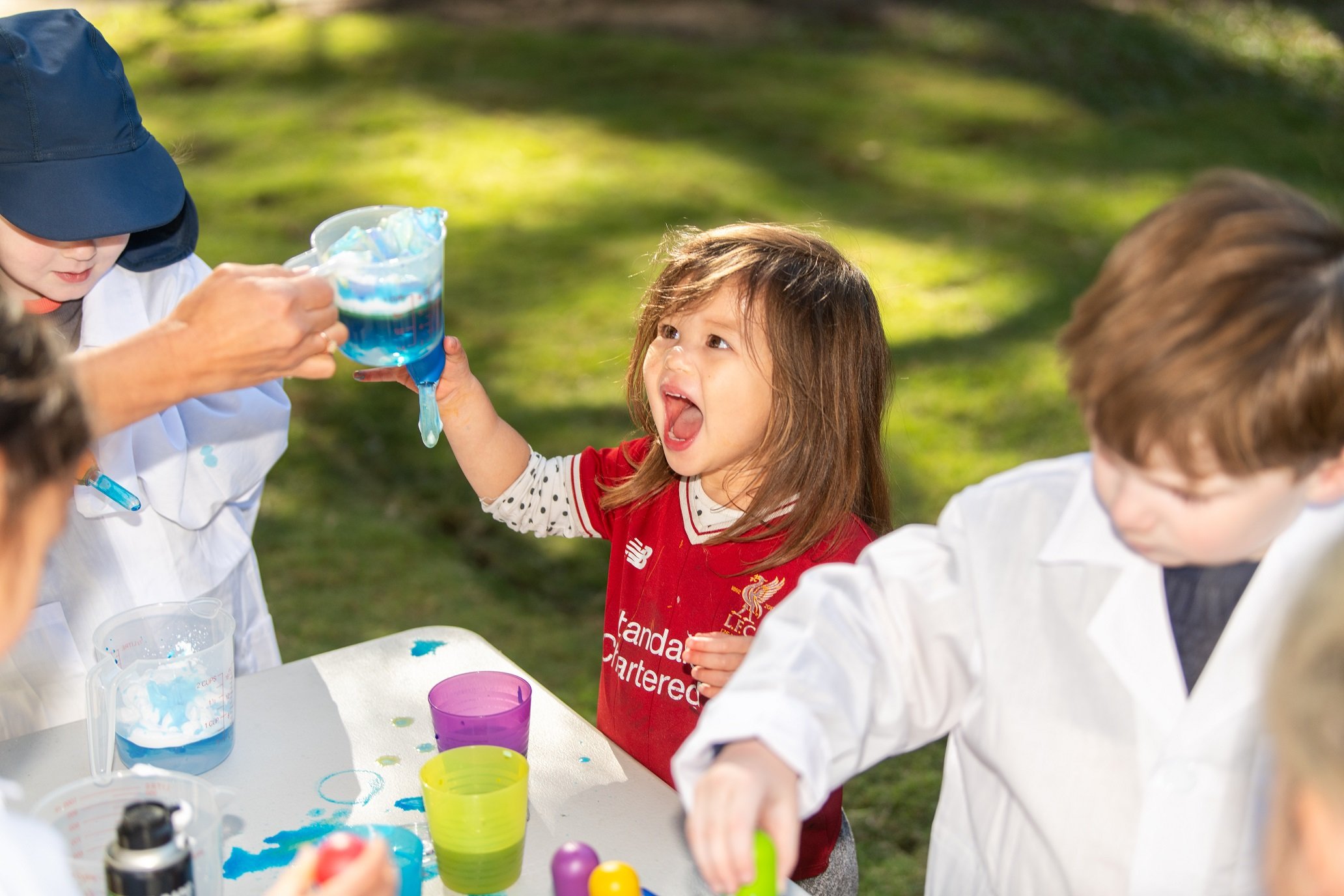
The Journey is more Important than the Outcome
Children embrace scientific thinking and reasoning through exploration and investigation (Victoria University 2017. p. 10). It’s through these experiences that children make meaning and understand the world around them. Although providing activities with a science or STEM focus is a great way to encourage investigation, discovery, and curiosity, many play activities and even everyday life experiences are already promoting scientific thinking, and can help introduce scientific concepts (Franklin, D 2021). Science in early childhood should be more about supporting investigations, both incidental and purposeful, and providing opportunities for young children to problem solve, question, inquire, investigate, and explore (Victoria University 2017. p. 10).
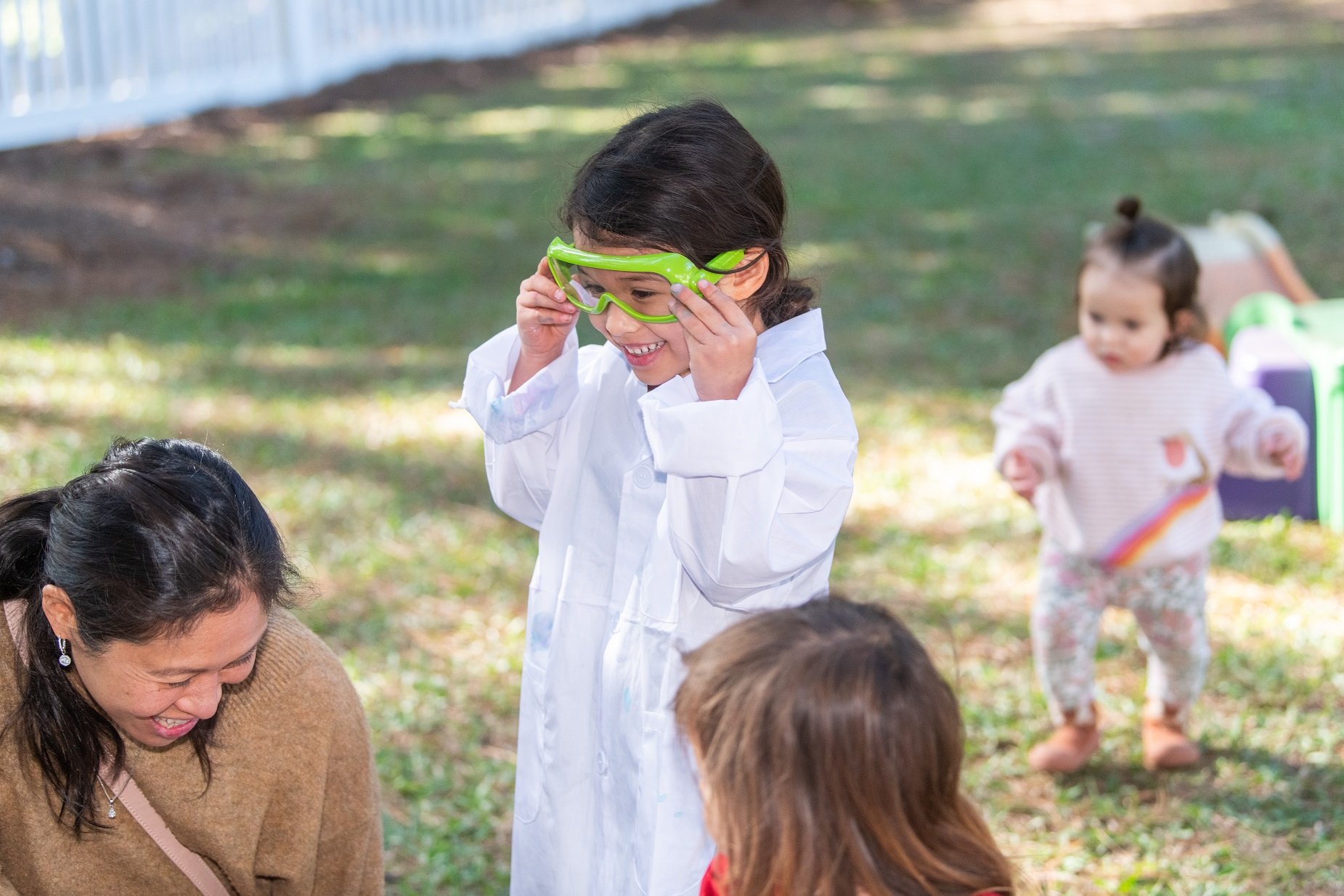
Supporting Science Play for Children
There are many ways families and educators can support children in developing their scientific knowledge, and it starts with encouraging the natural curiosity and need for exploration children already have. Encouraging investigation in day-to-day life and using scientific vocabulary where possible and meaningful, supports children’s knowledge and understanding (Franklin, D 2021).
Everyday activities that support scientific thinking can include:
Baking: children observe how different materials interact with each other and change according to temperature.
Gardening: children become aware of the different life cycles of plants, growth, and the role of natural elements such as sunshine and water.
Physical movement: children become aware of their own growing bodies and how they move, breathe, think, and even the body’s need for food and water.
Playing outside: children follow their natural curiosity as they explore and uncover the environment around them, observing plants and insects, as well as the weather, seasons, and even times of day.
Painting: children experiment with colours, textures, and different states of matter.
Building: children innovate and problem solve as they create, make mistakes, and recreate.
Getting ready: children observe the many things around them that have a purpose in their everyday lives: what sinks and floats in the bathtub, how toothpaste gets foamy, and even how more layers keep them warm during colder nights.
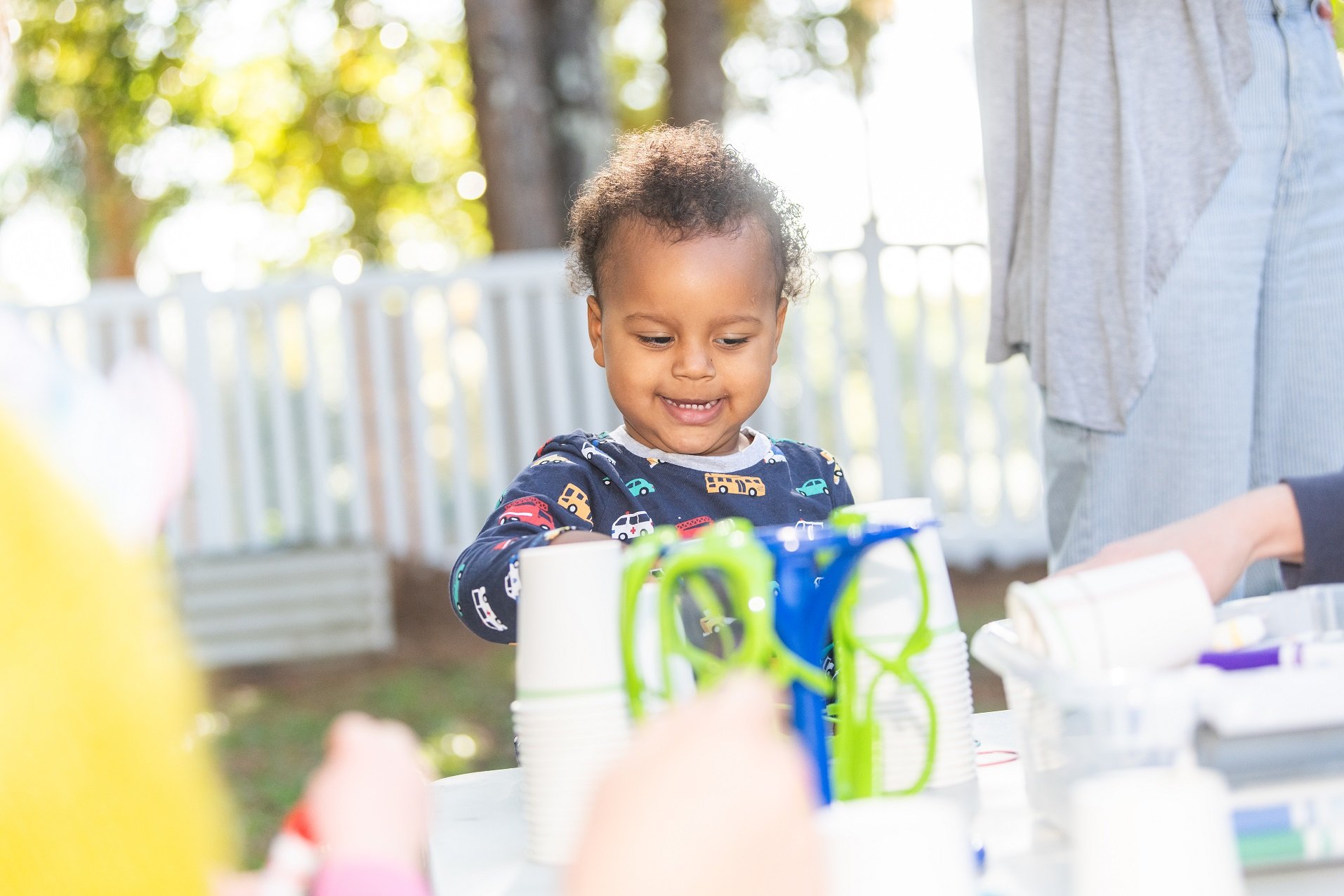
Supporting Science Play for Children
The benefit of science in the early years is that children get the opportunity to chase curiosity and flex their investigative muscles (Franklin, D 2021). Encourage children to engage with the things around them: what they see, hear, taste, touch, and smell, and support them in asking questions and seeking answers. Play can support the development of scientific skills, by answering questions children have, or simply encouraging their natural curiosity. Hands-on experiences engage children, so physically exploring, getting messy with experiments, building something new, and observing changes themselves, are all great ways to get children involved in the scientific process. Children are naturally curious, so provide them with the opportunity – and let them lead the way!
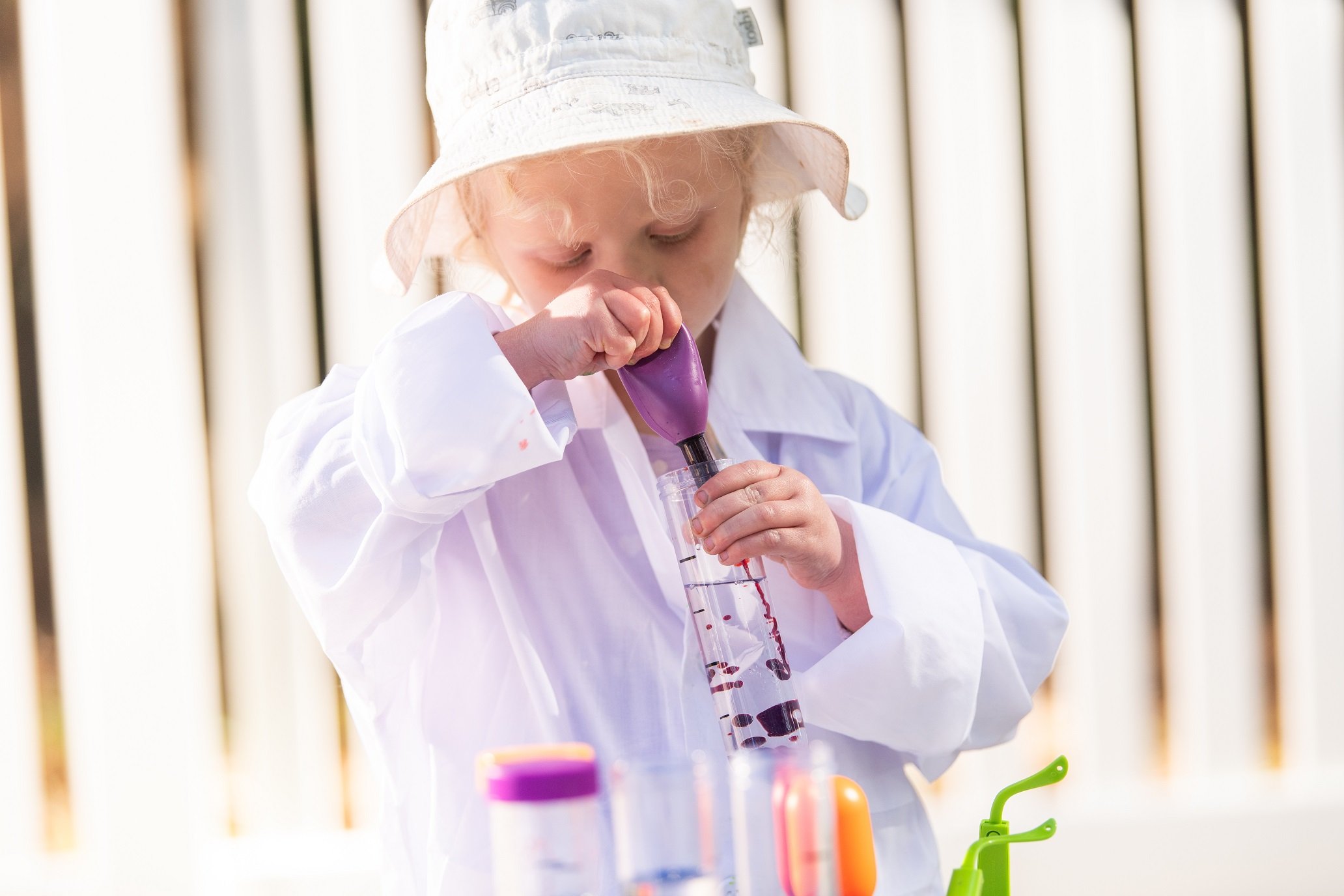
References
‘Why Do We Need To Teach Science in Elementary School?’ Stem Teaching Tools, retrieved 29/06/23 from: https://stemteachingtools.org/assets/landscapes/STEM-Teaching-Tool-43-Elementary-Science.pdf
The benefits of STEM for preschoolers, 11 July 2019, First Five Years, retrieved on 29/06/23 from: https://www.firstfiveyears.org.au/early-learning/the-benefits-of-stem-for-preschoolers
Early Learning in STEM - Multimodal learning in the 21st century, 21 April 2017, Victoria University, Melbourne Australia. Retrieved 29/06/23 from: https://www.education.gov.au/australian-curriculum/resources/early-learning-stem-multimodal-learning-21st-century
The Key Reason Why Early Learning Matters, October 17, 2022, Early Childhood Australia, retrieved 29/06/23 from: https://thespoke.earlychildhoodaustralia.org.au/key-reasons-early-learning-matters/
Franklin, Daniel 2021, ‘Why Science Education is Important in Early Childhood’, Science 21st Century, September 30, 2021, https://science21stcentury.org/why-science-education-is-important-in-early-childhood/